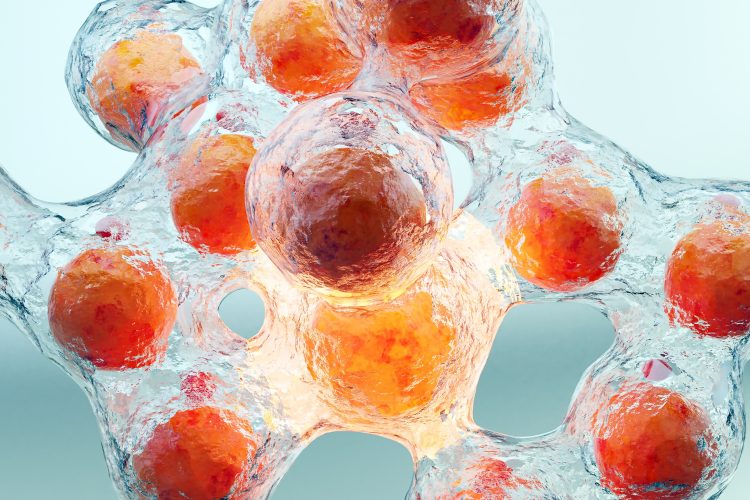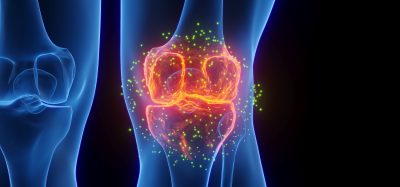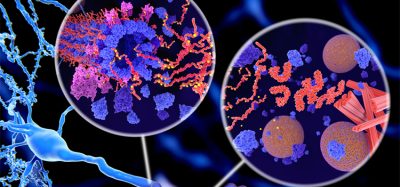Mechanism linking obesity to inflammation uncovered
Posted: 28 August 2024 | Drug Target Review | No comments yet
This study is first to demonstrate with statistical certainty that human visceral adipose tissue accumulated in the abdominal cavity secretes more extracellular vesicles.


Researchers from the University of Eastern Finland have uncovered the mechanisms linking obesity to inflammation. The team investigated extracellular vesicles (EVs) secreted by human adipocytes and discovered that obesity-induced adipose tissue inflammation increased the secretion of EVs, which may contribute to the undesirable health effects of obesity.
Adipose tissue expands when people gain weight, which eventually results in inflammation and insulin resistance. The disruption of normal adipose tissue function initiates the release of lipids and inflammatory cytokines.
In recent years, some studies have suggested that EVs may play a significant part in obesity and obesity-induced metabolic disorders. However, past studies have mostly investigated EVs obtained from adipocytes and adipose tissue of mice, with mechanisms that increase the secretion of EVs from adipocytes having not been studied in humans before.
In the new study, the team demonstrated that in obesity, adipose tissue inflammation increases the secretion of EVs. Also, the research was first to demonstrate with statistical certainty that human visceral adipose tissue accumulated in the abdominal cavity secretes more EVs, compared to subcutaneous adipose tissue. Additionally, plasma triglyceride levels were linked to the increased vesicle secretion from visceral adipose tissue.
A human-derived adipocyte cell line and adipose tissue samples collected from bariatric surgery patients at Kuopio University Hospital and Cattinara Hospital were used.
Furthermore, EVs isolated from the plasma of individuals with normal weight were compared with the plasma of bariatric surgery patients. A higher number of EVs containing adiponectin were detected in the plasma of bariatric surgery patients, which is another indication of increased EV secretion from adipose tissue in obesity. Overall, the increased number of EVs in the plasma was associated with adipose tissue inflammation and with high BMI in bariatric surgery patients. These findings offer novel insights into the function of adipose tissue and the development of novel treatments.
Johanna Matilainen, doctoral researcher at the University of Eastern Finland and first author of the study, explained: “Using microscopy, we showed, for the first time, that extracellular vesicles secreted by adipocytes and adipose tissue contain triglycerides, ie, fat stored in adipose tissue. Previous studies have suggested that fats contained in extracellular vesicles secreted by adipose tissue could serve as a source of energy for cancer cells, for example.”
The study was published in the Journal of Translational Medicine.
Related topics
Disease Research, Drug Targets, Microscopy
Related conditions
inflammation, Obesity
Related organisations
University of Eastern Finland
Related people
Johanna Matilainen (University of Eastern Finland)








